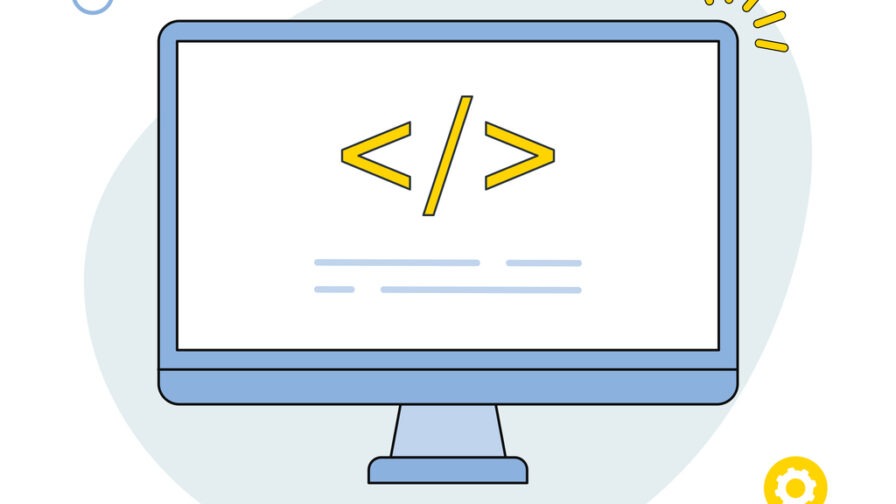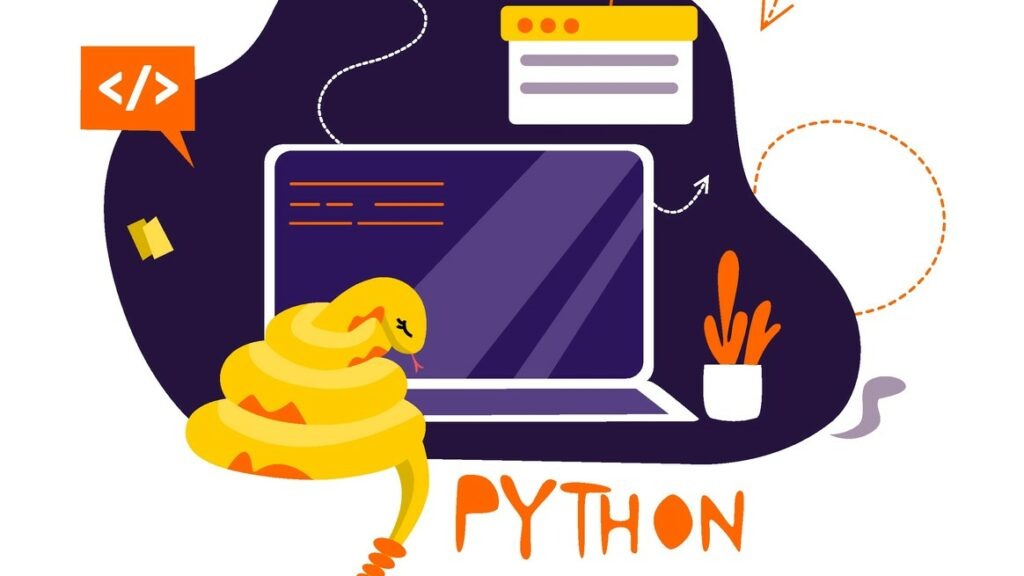
Java for full-stack in 2023? The answer is yes. This language has been around for 25 years now, and despite the appearance of newer languages for full- stack development, you can still bet it will be a good choice.
There are many reasons to choose Java for full-stack, and that’s why it is still one of the most popular choices for full-stack developers and also a very required language in the tech market.
Let’s dive deeper into why you wouldn’t be making a mistake if you opt to choose Java as your main language today.
Some reasons to choose Java for full-stack
1. The Java Community is great
Speaking of community support, Java has a large community of developers who are constantly contributing to open-source projects, libraries, and frameworks. With this level of support (and with more than 25 years of history and evolution), you can always find someone who has already solved a problem that you’re facing. Also, Java is definitely a language that is alive and kicking, with new features and updates being released regularly.
2. Deploy it everywhere!
This is one of Java’s main strengths: your code can run on any operating system, whether it’s Windows, Linux, or macOS. This makes writing code that can be deployed on a wide range of systems incredibly easy. And with no need to rewrite your code for different platforms, code maintenance becomes a walk in the park.
3. Cool backend Frameworks
Java’s got you covered when it comes to the backend. It has a wide range of libraries and frameworks such as Spring, Hibernate, and Struts. These frameworks make it easier for devs to build complex web applications and services, and they provide solutions for common tasks such as authentication, database integration, and caching. Don’t miss this article if you want to know more about Spring!
4. The boss of object-oriented programming
Java’s object-oriented programming features include encapsulation, inheritance, and polymorphism. It also offers a number of advanced object-oriented programming features such as support for abstract classes and interfaces, which allow developers to define common behaviors and properties that can be shared across multiple classes. But definitely, the biggest advantage of Java for object-oriented programming is its strict type-checking.
5. Build large and scalable projects
Java’s scalability can be attributed to a number of factors, including its architecture, memory management, and multi-threading capabilities. In addition, Java also supports a number of technologies that can help improve scalability, such as JMS (Java Message Service) for messaging and JMX (Java Management Extensions) for monitoring and managing Java applications.

Companies are looking for Java full-stack developers
Java for full-stack is a great combination in the current scenario of the industry worldwide. Just take a look at your favorite tech job platform and you will see! The demand for Fullstack Developers in general has been increasing, especially in the fintech, healthcare, and e-commerce industries. Companies, such as Amazon, Oracle, and IBM are actively recruiting Fullstack Developers specialized in Java for various projects within their organizations.
If you’re based in Italy or looking for remote work, you can also check Codemotion Talent. Use the filter, select Java as a skill, and you will see how dozens of open positions looking for developers skilled in Java pop-up.
Explore Java Frameworks
Spring and Google Web Toolkit (GWT) are highly recommended for Java full-stack development. Both frameworks have proven to be reliable and efficient for building enterprise-level applications. Spring is the most powerful and widely used Java framework, with a huge ecosystem and an active community that provides great support and resources. On the other hand, GWT, developed by Google, is an excellent choice for creating rich internet applications in Java. Its main feature is its ability to enable developers to write client-side code in Java and compile it into optimized JavaScript.
Additionally, Hibernate is a great choice for object-relational mapping (ORM) and is widely used in Java development. Other frameworks to consider for full-stack development in Java include Struts, Play, Grails, JavaServer Faces, Dropwizard, Vaadin, and Wicket.
Keep in mind that the choice of framework depends on the specific needs and requirements of your project, so it’s important to evaluate each one carefully before making a decision. However, Spring and GWT are great first choices for their reliability and efficiency.
Are there alternatives to Java for full-stack?

Of course, Java is not the only option. While Java has been a go-to language for many developers over the years, there are also some great alternatives that you might want to consider.
JavaScript is the ultimate all-rounder – it’s a great choice for front-end development and its frameworks like React and Angular make creating user interfaces easy. Plus, Node.js lets you build fast back-ends with maximum scalability! For those after something simpler, Ruby offers productivity benefits from everyone’s favorite Rails Framework combined with convention over configuration meaning no lengthy setup times – ideal if you’re short on time or new to coding!
Or, if you’re after a language that’s known for its simplicity and productivity, Ruby might be just the ticket. It has a range of frameworks, including the ever-popular Ruby on Rails, that can help you build web applications quickly and efficiently. And with its convention over configuration approach, you can get started right away without having to worry too much about the nitty-gritty details.
Also, as you might already know, Python is the cool kid on the block when it comes to programming languages today. Its easy-to-read syntax and wide range of frameworks like Django and Flask make it a great choice for web development, plus there are tons of helpful resources from an awesome community! Besides having a strong backend frameworks, there are also options for frontend: popular frameworks like Dash, Bokeh and PyReact – can help web developers make truly interactive creations!
Other valid alternatives to Java for full-stack are PHP or Go. For the former, there’s no need to worry about its large and supportive community with popular frameworks like Laravel and Symfony that provide great functionality out of the box! On the other hand, if speed is what you care most about – Google crafted Go may be just right up your alley with simple syntax/concurrency features plus Gin & Echo web framework combo-pack delivering fast performance from day one.



